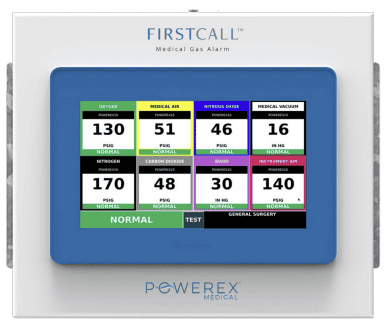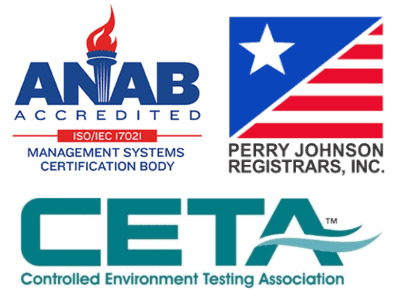Alarm fatigue refers to an increase in a healthcare provider’s response time or a decrease in his or her response rate to an alarm as a result of experiencing excessive alarms.
Alarm fatigue is common in many professions (e.g., transportation and medicine) when signals activate so often that operators ignore or actively silence them. The organizational and technological aspects of the hospital environment are highly complex, and alarm fatigue has been implicated in medical accidents. The Joint Commission, recognizing the clinical significance of alarm fatigue, has made clinical alarm management a National Patient Safety Goal.
Failure to respond to an alarm can cause harm to the patient and may potentially be life-threatening. The United States Food and Drug Administration (FDA) reported over 500 alarm-related patient deaths over five years, and many believe that this report significantly underestimates the magnitude of the problem.* The purpose of an alarm is to get the immediate attention of a person when an abnormal event occurs;
As we all know, there are literally hundreds of different pieces of equipment with alarms in a healthcare environment. Unsurprisingly, the Master and/or Area Alarm panels are silenced and often go unreported to engineering and/or clinical staff.
Testing Medical Gas Alarm signals at your Master and Area Alarms is an NFPA 99 requirement. This testing ensures that all required signals are functioning properly and assists in eliminating “nuisance” alarms that add to alarm fatigue in your facility. Training your staff to include nursing, clinical, security, and PBX operators is vital in recognizing and reporting these critical “alarms” promptly to your facility’s correct individual(s).
Don’t hesitate to contact us today. We can assist you in scheduling the testing of these vital medical gas alarm systems and provide training for your staff.




